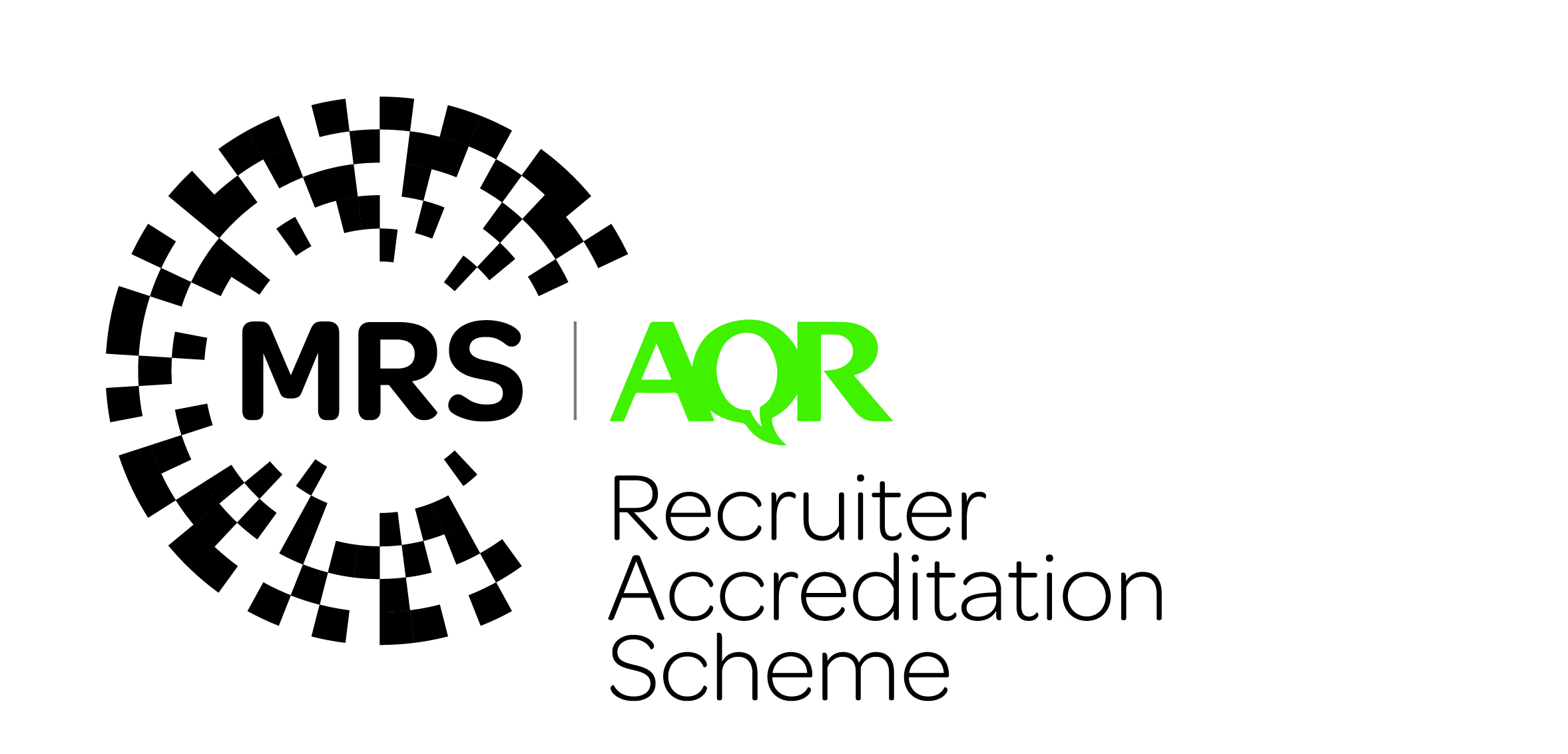All MRS websites use cookies to help us improve our services. Any data collected is anonymised. If you continue using this site without accepting cookies you may experience some performance issues. Read about our cookies here.
You are currently not logged in. Any progress made will be lost.
Nationally Representative Samples
In the past, clients tended to recommend sampling quotas using the following characteristics:
- Age
- Gender
- Social class
- Region
The characteristics would be used to define ‘Nationally Representative’ (‘Nat Rep’) samples. Sometime ethnicity would be added to the above list. However, for Nat Rep samples to accurately reflect nationwide representation other factors such as ethnicity, gender identity, sexual orientation, and physical disability and/or mental health conditions should be considered. These additional characteristics were identified as being the most pertinent for ensuring more inclusive samples.
The perspectives of those in minority groups can be underrepresented, meaning they may not be widely heard or understood, and thus do not help inform decision-making that impacts them. Moreover, even when they are heard, the narrative is often in danger of being focused on subgroups or formulated without a clear understanding or respect of their uniqueness. As such, this can lead to misunderstandings and the perpetuation of restrictive, and potentially harmful, stereotypes.
The research sector plays an important role in creating visibility of people’s lives, experiences, needs and perspectives of all groups within the population. Not only is this powerful in and of itself, but it also has positive commercial and policy implications for research commissioners and buyers, enabling them to understand and serve more inclusive audiences better.
In 2021 the MRS Representation in Research group undertook a piece of qualitative research to explore how agencies, panel providers and clients are approaching inclusive research and particularly Nat Rep sampling. The findings confirmed the demand for a more inclusive definition of Nat Rep across all cohorts whilst also helping the group to recognise and identify barriers and challenges that the sector will need support to overcome. An executive summary of this qualitative research can be found here.
The responsibility for defining the characteristics for Nat Rep samples is shared between clients, agencies and suppliers and should be discussed during the project design stage. Recruiters are responsible for meeting the sample requirements which have been agreed at the design stage. Recruiters can also provide their expertise and experience to help clients to undertake more inclusive recruitment approaches.


